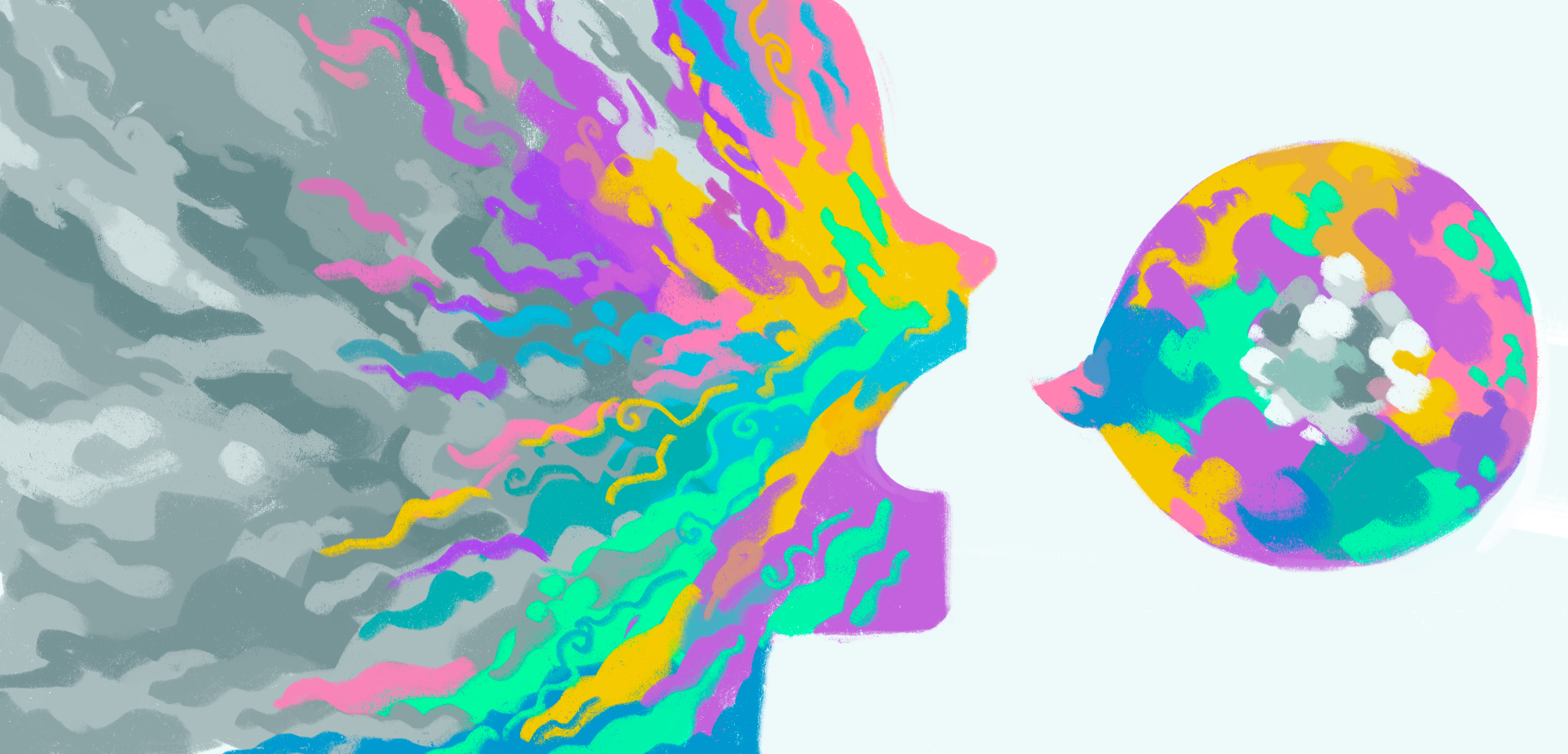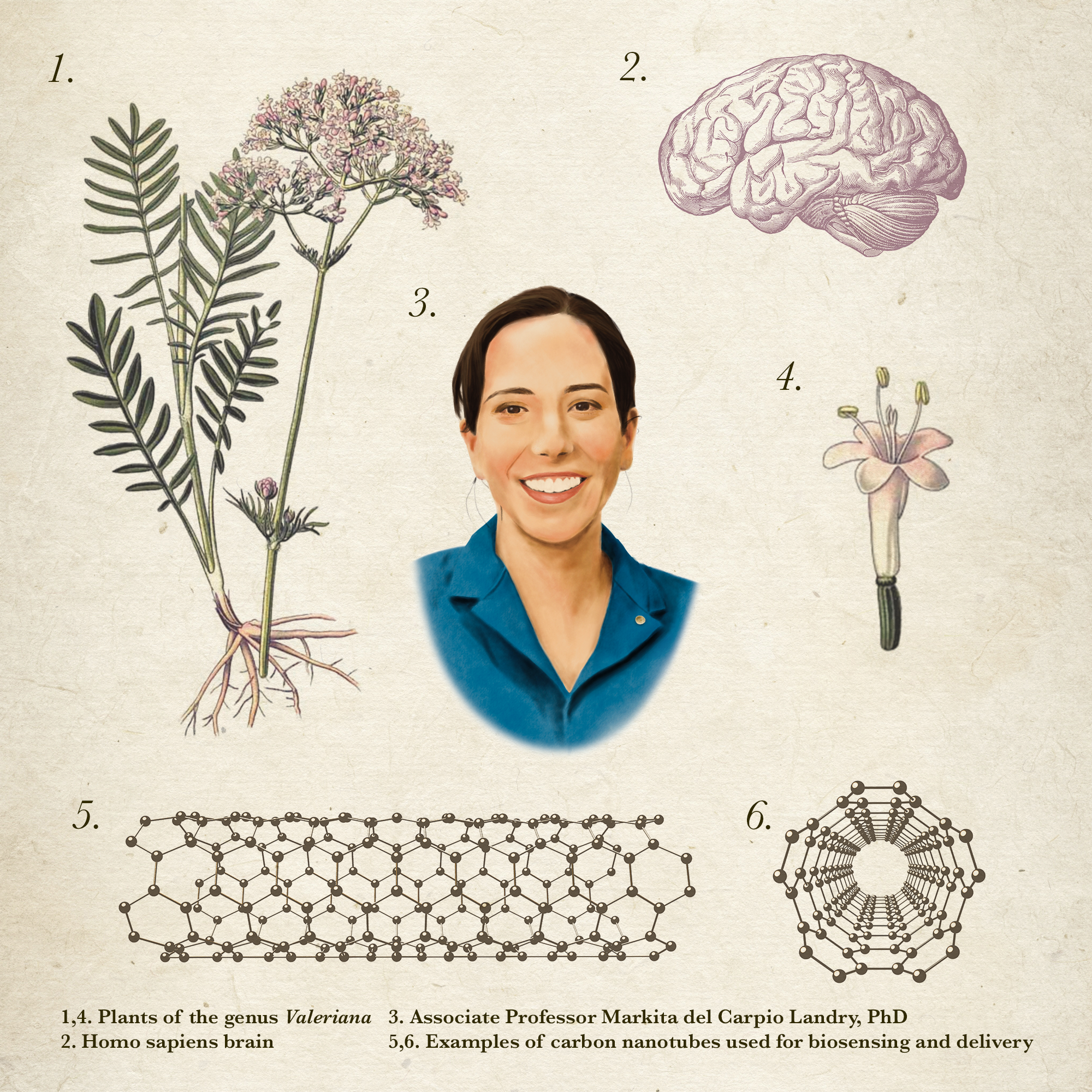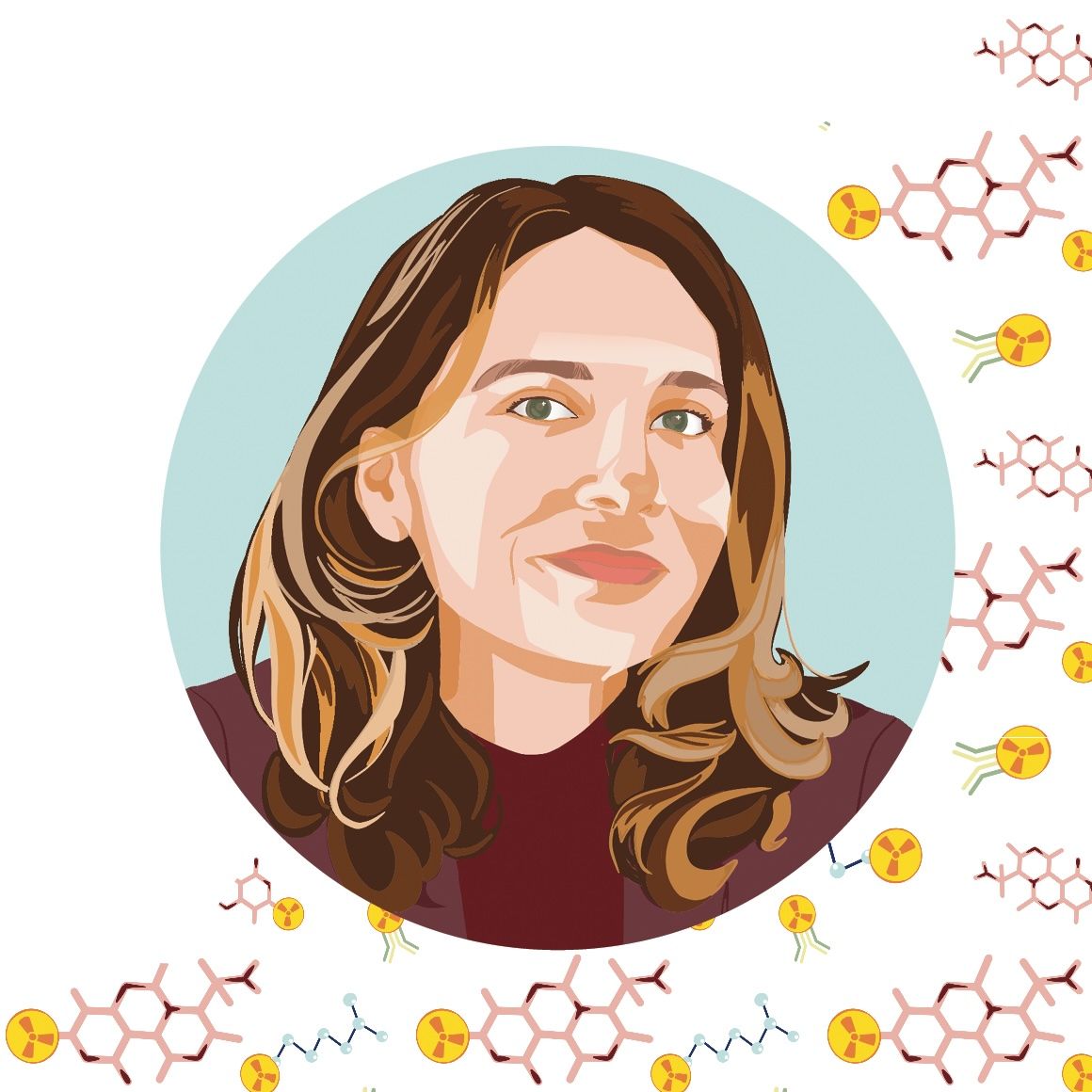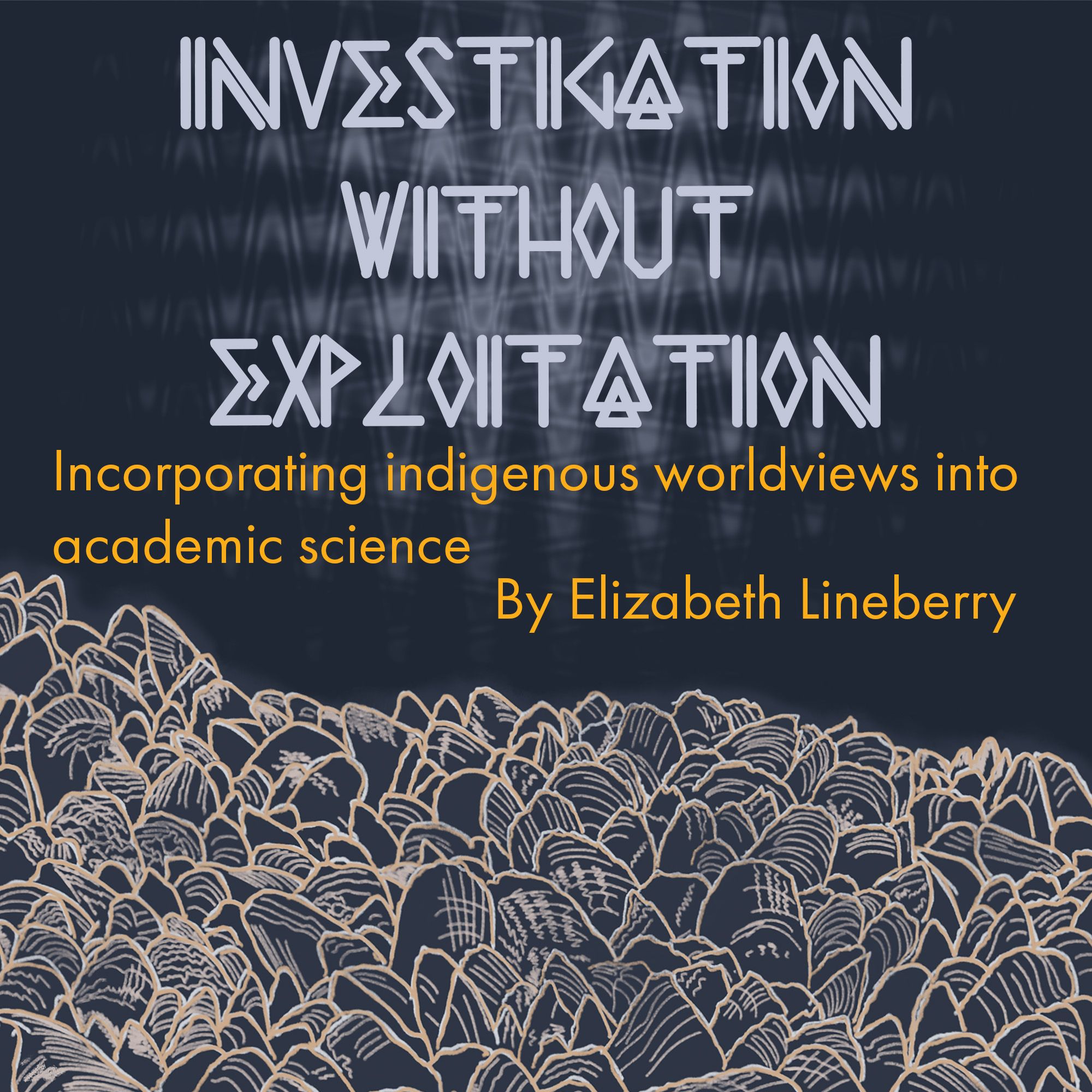Psychedelics Assisted Therapy: Spotlight on Marlena Robbins

Inspired by her life experiences, Marlena Robbins is dedicating her time in academia to serving the indigenous communities through the lens of psychedelic medicine. Robbins' childhood on the Navajo Reservation was affected by incidents of domestic violence, gang violence, and alcoholism. Working to heal from these past experiences, she explored hallucinogenic mushrooms as a tool towards building resiliency and self-efficacy. "I knew I needed to go deeper," she said, to "explore the workings of my own psyche to help me cope." Now, those very findings are the premise of her research at the UC Berkeley School of Public Health.
Marlena’s experience with psychedelics gave impetus to her healing process. "They made me slow down. They made me very patient and empathetic." Marlena believes she still has a lot of work to do on herself. A considerable part of her healing process has been in ensuring that psychedelic medicine is not treated like a cure-all. Instead, she uses moderate to high doses of the medicine nearly twice a year to harmonize with her past. The medicine helps her remember that she is safe, worthy, and loved. She integrates the lessons and messages from these experiences into her everyday life, inculcating a better lifestyle and healthier habits. These constructive changes have in turn strengthened her career ambitions, gradually leading her towards her research goals.
Pursuing her Doctorate in Interdisciplinary Studies, Robbins is an advocate for bringing Psychedelic Assisted Therapy (PAP) to Indigenous communities. But she has a more specific goal than that. For nearly eight years, Robbins' father lived in an area of the Navajo reservation that was exposed to uranium mining radiation. He, along with other members of the family, later developed cancer. Robbins told her father about the studies conducted on end-of-life cancer patients using psychedelic mushrooms to help them come to terms with this transition. Despite being open to the idea of using psychedelics, Robbins' father ultimately declined, still concerned by the illegality and stigmas associated with the substance. Inspired by her family history, Robbins first focused her research on psilocybin-assisted therapy for end-of-life cancer patients on the Navajo reservation. This form of therapy is a western clinical model of delivering a psychoactive substance to a client in therapy to address their mental health condition. Some studies over the years have shown psilocybin therapy has helped to reduce symptoms of depression and anxiety, and longtime smokers to quit smoking.
Eventually her research evolved to focus on ethnopsychopharmacology, a research focus that explores differences in the way ethnic and racial groups respond to psychiatric medication. In particular, Robbins seeks to understand how the experience of PAP can be more culturally tailored to indigenous communities. “It's one thing to conduct PAP in a Western clinical setting, and it's another to have it in a setting that's culturally informed and takes into account the ethnic identity of the people that it's serving,” said Robbins. She intends to educate the masses about psychedelics and the protocols used in PAP to create a safe space and a comfortable therapy experience. She believes this clinical setting needs to be one that people can identify with in order to make therapy feel more secure and less intimidating.
As an Indigenous Science Student Fellow, the Berkeley Center for the Science of Psychedelics (BCSP) is supporting Robbins’ research. According to Robbins, the psychedelics offered in PAP, such as ketamine-assisted therapy and psilocybin therapy, allow the patients to go deeper into their psyche, emotions, and memories. This psychiatric treatment is typically integrated with talk therapy and involves ingesting a psychedelic substance during the psychotherapeutic process. The substances help patients break through the traumatic experience to reorient their perceptions. Even though psychedelic medicine is not a panacea, she believes it guides patients in the direction of healing, giving them an opportunity to acknowledge their traumas and find a way to reconcile with them.
In the coming years, Robbins is interested in exploring how inter-tribal and cross-border relationships are fostered through psychedelics and sacred plant medicines. For instance, Ayahuasca, a plant-based psychedelic found in South America, made its way up to the indigenous nations in Canada, demonstrating that exchanges of plant-based psychedelics and knowledge of these interventions are transcending borders. Through her research, Robbins aims to evaluate how psychedelics can both heal and build community.

Scan QR code and hold your phone in front of you, for an AR experience with psychedelic mushrooms. To hear from Marlena Robbins, turn 180 degrees with your phone.





